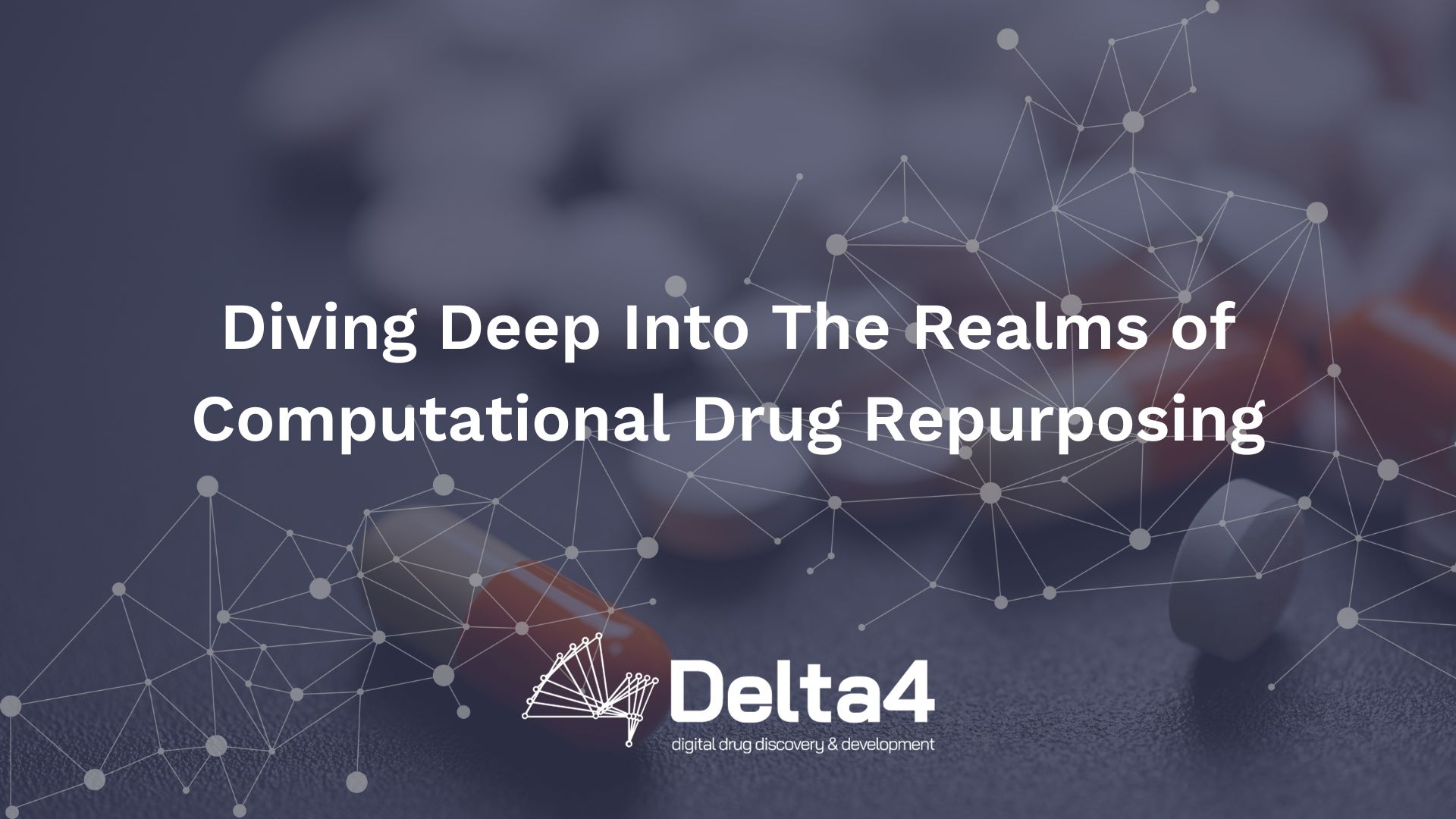- Kurt Herpel
- August 30, 2020
With over 1,500 attendees from 50+ countries, the 2020 edition of the World Orphan Drug Congress USA was held online on August 24-26. The conference has also become the industry defining meeting on Advanced Therapies for rare diseases, featuring discussions on clinical development, manufacturing, and commercialization of cell and gene therapies, as well as the annual gathering for artificial intelligence and digital health solutions transforming the rare disease industry. More information on the conference can be found on Terrapinn.com.
Delta4 was represented by its CEO and CSO. Several meetings led to promising next steps of partnering and collaboration.
For more information on our orphan drug programs and partnering opportunities contact us directly.
Background
What is the World Orphan Drug Conference (WODC)?
The World Orphan Drug Congress (WODC) is an annual global conference that brings together various stakeholders in the rare disease and orphan drug industry, including pharmaceutical and biotech companies, patient advocacy groups, researchers, clinicians, and regulatory authorities. The primary objective of the congress is to foster collaboration, knowledge sharing, and networking among participants to advance the development of orphan drugs and improve the treatment options and quality of life for patients suffering from rare diseases.
During the congress, attendees participate in discussions, presentations, and workshops that cover a wide range of topics related to orphan drugs and rare diseases, such as drug development and approval processes, clinical trials, market access, pricing and reimbursement strategies, patient advocacy, and regulatory policies. The event provides a platform for attendees to exchange ideas, share best practices, and explore innovative solutions to the challenges faced by the orphan drug industry. The ultimate goal is to facilitate the faster development, access, and delivery of life-saving therapies to patients affected by rare diseases around the world.
Why is the World Orphan Drug Conference Important?
The World Orphan Drug Congress (WODC) is important for several reasons, as it plays a crucial role in advancing the orphan drug industry and improving the lives of patients affected by rare diseases. Some of the key outcomes and benefits of the Congress include:
- Collaboration: The WODC brings together diverse stakeholders from various sectors of the rare disease community, fostering collaboration and partnerships that can lead to more efficient drug development and better treatment options.
- Knowledge sharing: Attendees share the latest research findings, best practices, and innovative approaches in orphan drug development, scientific issues, clinical trials, and regulatory policies, thereby contributing to the overall growth of knowledge in the field.
- Networking: The congress provides a platform for professionals to build relationships and expand their professional network, which can facilitate new collaborations and projects that may not have been possible otherwise.
- Raising awareness: The WODC helps to raise awareness about rare diseases and the challenges faced by patients, their families, and healthcare providers. This increased awareness can lead to more support, resources, and funding for orphan drug development.
- Policy development: The conference allows regulatory agencies, policymakers, and other stakeholders to discuss and refine existing policies and regulations, as well as develop new ones, to create a more conducive environment for orphan drug development and commercialization.
- Patient advocacy: The WODC empowers patient advocacy groups by providing them with an opportunity to share their stories, learn about the latest developments in treatments, and connect with industry professionals who can help advance their cause.
Overall, the World Orphan Drug Congress serves as a catalyst for progress in the rare disease and orphan drug community. It leads to new partnerships, innovative solutions, and increased awareness, all of which contribute to the ultimate goal of improving the lives of patients affected by rare diseases.


